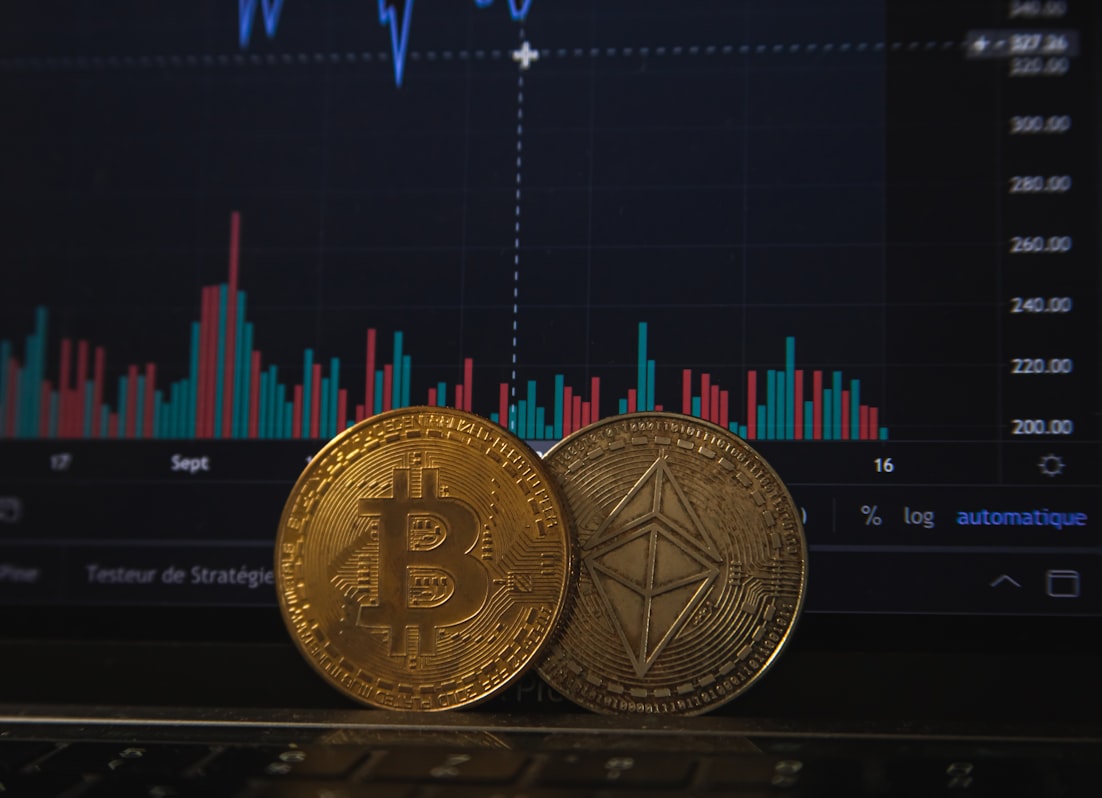Under The Radar – 1 April
- info060991
- Apr 1, 2022
- 4 min read

Source: Pierre Borthiry via Unsplash
This week we discuss:
Biden’s ambitious tax plan to be torpedoed once again
Avocados fuel Mexican drug war
Bitcoin’s Green Opportunity
Biden’s ambitious tax plan to be torpedoed once again
What happened?
Joe Biden has unveiled plans to introduce a 20% tax on households worth more than $100 million. The new proposal will target ‘the top one-hundredth of the one percent’ and if passed, is estimated to bring $360 billion in revenue over the next decade.
What does it mean?
Biden’s plan to introduce the so-called ‘Billionaire Minimum Income Tax’ was revealed as part of his latest budget. Biden’s pitch to both his party and the public is to put an end to decades of tax avoidance by the wealthiest in America, claiming that it promoted ‘economic fairness’.
This is a populist move. Those at the top of the income ladder saw their wealth swell by $1 trillion during the pandemic and Biden’s proposal aims to correct this by taxing the value of assets – likes stocks and shares – before they are sold.
Biden’s pivot to the immense wealth inequalities that exist in the US may be with one eye on internal party politics ahead of 2024, as establishment Democrats begin to worry about a challenge from the left-wing of the party.
However, like his Build Back Better plan before Christmas, this legislation will likely be killed or seriously watered down by the right-wing in his party. Joe Manchin, the dissident senator for West Virginia, killed Build Back Better and has signalled that he will vote against the new tax too.
The failure to revive Biden’s domestic agenda may prove catastrophic for the Democrats at the upcoming midterm elections, which will no doubt lead to questions as to who the party’s nominee for President should be in 2024.
Avocados fuel Mexican drug war
What happened?
The popularity of avocados is adding fuel to the fire of Mexico’s cartel wars, sending the price of the fruit through the roof.
What does it mean?
The US government temporarily banned imports from the Mexican state of Michoacán, the largest source of avocados in Mexico, earlier this year due to threats made by gangs to an American safety inspector. Mexico produces 80% of the avocados consumed in the US, and while the UK imports from elsewhere, this contraction in supply will likely push prices up globally.
Sales of the fruit have boomed in recent years due to popularity among Western millennials, but this has had a knock-on effect in producer nations. In Mexico, drug cartels have a stranglehold on the nation’s economy at both a national and local level. The injection of money into Michoacán as its avocado exports have boomed has led to farmers taking up arms against violent attacks from gangsters.
The ban on imports from Michoacán into the US came just before the Superbowl, when sales tend to boom for the fruit due to its use in making guacamole. The ban has since been lifted but violence continues to escalate. Twenty people were killed in a gunfight earlier this week, marking one of the worst shootings in recent years.
The Mexican drug war has been ongoing for over fifteen years with estimates of 400,000 deaths because of gang violence. Unfortunately, its impact on the price of innocuous supermarket items like avocados is unlikely to lead to a rethink by the US and allies towards the war on drugs.
Bitcoin’s Green Opportunity
What happened?
A coordinated campaign, Change the Code Not the Climate, run by several environmental groups is calling for bitcoin to implement changes in the mining process that could dramatically reduce its energy consumption.
What does it mean?
Digital currencies, and Bitcoin particularly, have achieved levels of growth not thought imaginable just a few years ago. Over 106 million people use cryptocurrencies globally, and that number is only growing. In the UK, almost the same number of Brits own cryptocurrencies than the number that have a Stocks and Shares ISA.
However, the crypto craze has brought with it an awakening to the huge amount of energy that the mining of these coins require.
Currently, Bitcoin uses more energy than all of Sweden, and if the crypto currency becomes widely adopted, the mining process alone could produce enough carbon dioxide emissions to warm the planet more than two degrees celsius. Whilst the world has made much progress in cutting out fossil fuels, Bitcoin miners are seeking to buy oil and coal plants consigned to disuse in order to fuel their operations.
With the problem only set to increase, a campaign called Change the Code Not the Climate has set about trying to encourage the industry to find ways to reduce its carbon footprint.
And a rival crypto currency, Ethereum, may have found a solution. The digital currency is shifting to a different coding system that it believes will reduce its energy consumption by over 99%.
But the campaign is coming up against obstacles. Bitcoin stakeholders are incentivized to resist change because of the value of the existing infrastructure.
With the UK set to reveal new crypto regulations in the coming weeks, it is undoubtedly the start of a new era for digital currencies. It may not be long until environmental laws come into play.
This Week’s Must Reads
“The Times view on finding allies against Moscow: Taking Sides” in The Times
“Meet the ‘crypto caucus’: the US lawmakers defending digital coins” by Kiran Stacey for The Financial Times
“The Western mind no longer understands Putin” by John Gray for The New Statesman
“Europe will be safer if Belarus is free” Sviatlana Tsikhanouskaya for The Economist
Chart of the Week

Source: The Economist
Subscribe
* indicates required
Email Address *
First Name
Last Name
Job Title
Company
Industry




Comments